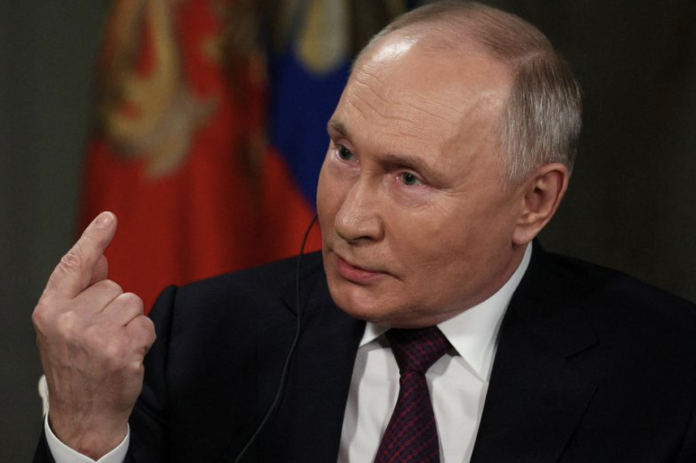At the Munich Security Conference, which ended last week, a wave of indignation among NATO member states exploded because of the threat of attack by Russia. High officials have said serious doubts about the ability of the United States to adequately defend them and expressed the need to strengthen European defense capability to reduce dependence on US support.
In the light of these events, there was a discussion of the need to create an alternative to NATO and strengthen Europe's self -sufficiency. Participants also focused on the situation in Ukraine, determining the country's prospects in the war with Russia and discussing potential assistance from the United States.
However, compared to last years, the conference this time was in a shade of uncertainty. The concern of European countries is increasing in the context of the possible reduction of US support and success of Russia on the battlefield.
Against this background, there was an outrage in the Ukrainian side due to insufficient military assistance from the United States. Private discussions among NATO member states on a possible attack by Russia are exacerbated by general anxiety and cause reaction scenarios.
The Washington Post notes that European leaders are expressing optimism about Joe Baiden's possible victory in the US President's election, but they also consider alternative scenarios, as changing political sentiment in the United States may remain after the election.
The uncertainty and need for European associations to strengthen security determine the current discourse among the conference participants, but the achievement of specific arrangements remains at the level of discussions and debates.


